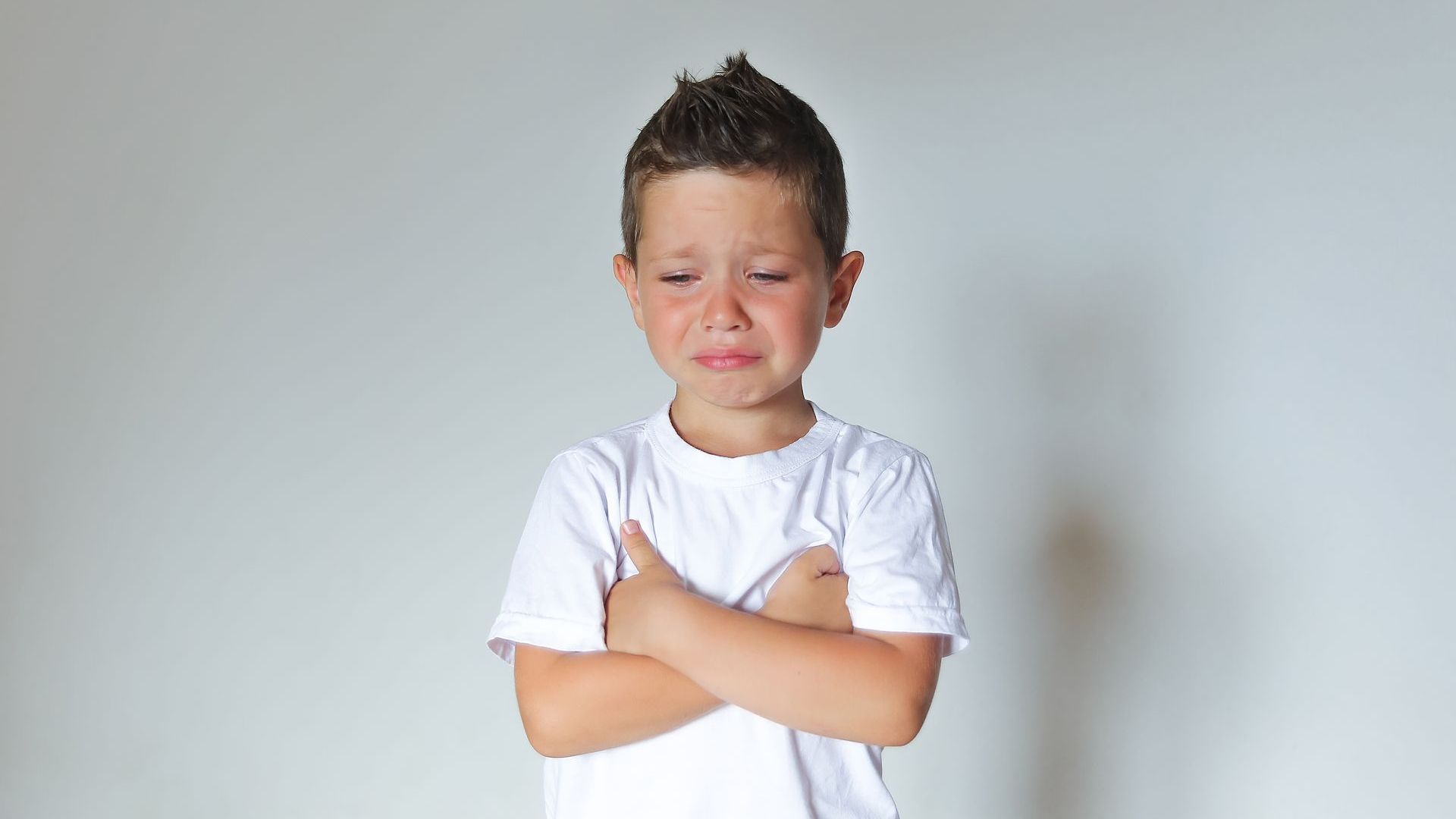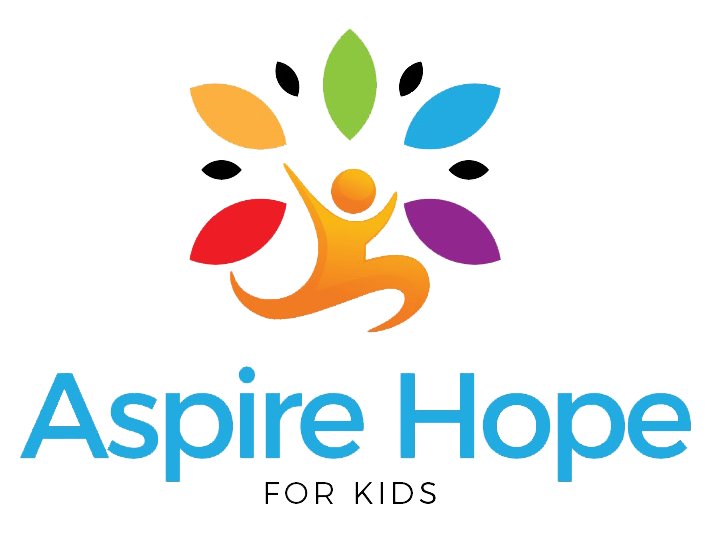
Depression
Trauma exerts a significant impact on the mental health of children and adolescents, especially those already battling depression. Traumatic experiences can exacerbate existing depressive symptoms or trigger new ones in those who previously showed no signs of depression.
Common Effects of Trauma on Youth with Depression:
- Intensified Depression Symptoms: Trauma can intensify feelings of sadness, hopelessness, and worthlessness. It can also lead to disruptions in sleep, appetite, and energy, further impairing their daily functioning.
- Increased Risk of Self-Harm and Suicidal Ideation: The overwhelming emotional burden from trauma can heighten the risk of self-harm or suicidal thoughts in young people with depression, often stemming from feelings of helplessness or a perceived lack of escape from their distress.
- Trust Issues: Trauma can make it difficult for children and teens to trust others, including friends, family, and caregivers. This eroded trust can result in isolation, complicating their ability to find comfort and support.
- Hypervigilance: Traumatized youth might remain constantly vigilant for potential dangers, becoming easily triggered by reminders of their past. This constant state of alertness can diminish their sense of security and joy in daily activities.
- Decline in Academic Performance: Post-trauma, concentration and focus can deteriorate, leading to academic struggles and decreased performance. The emotional weight of their experiences can hinder their engagement in education.
If a child or adolescent exhibits signs of trauma-related depression, seeking professional assistance is vital. A qualified mental health expert can offer support, impart coping strategies, and assist in processing the trauma, guiding them towards recovery and resilience.

